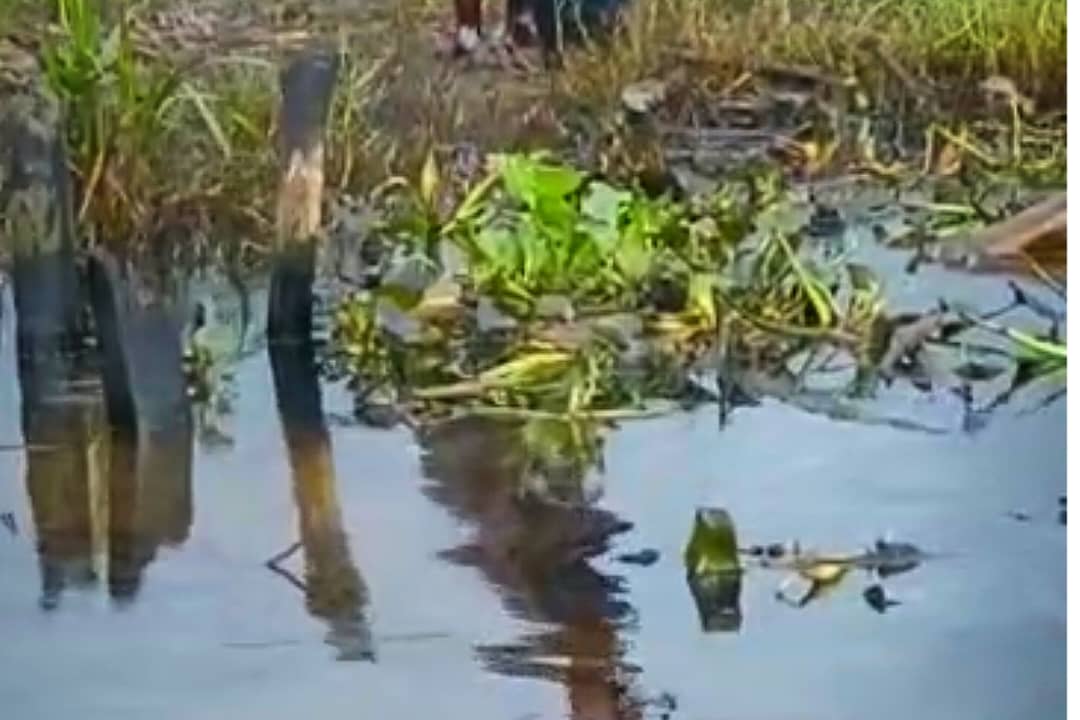Niger delta should adopt cleaner and safer energy _Experts
The Niger Delta region is grappling with severe environmental issues due to oil production, which has turned what should be a blessing into a significant setback. Oil spills and environmental degradation have led to the loss of fertile land, displacements, poor crop yields, and other disasters, displacing many communities and jeopardizing their livelihoods.
Experts are advocating for land remediation and other measures to tackle these challenges. Tantita Securities Services, an oil surveillance contractor, has suggested that communities in the Niger Delta can leverage their vegetation for wealth generation through carbon capture technology, which is safer and more environmentally friendly than crude oil extraction.
Captain Warredi Enisuoh, the Executive Director of Operations and Technical at Tantita, emphasized at the Pan-Ijaw Summit in Yenagoa that it’s crucial for Niger Delta communities to move away from oil dependency and adopt carbon capture technology. He argued that socio-economic issues are intertwined with security concerns and promoted the idea of using local trees to generate income through carbon capture.
He pointed out that the region’s abundant mangroves and trees can absorb significant amounts of CO2, providing financial opportunities through carbon export instead of damaging the environment by breaking pipelines. Since Tantita began its operations in the region, there have been improvements in crude production.
Residents of Ovom community in Yenagoa have expressed a strong desire for greener energy, highlighting the need for such alternatives to counteract the environmental degradation caused by oil exploration. Kingsley Ebikara, a local resident, stressed the importance of transitioning to greener energy to protect the Niger Delta’s ecosystem.
The Adagbabiri community in Sagbama Local Government Area is actively engaging in tree planting initiatives to promote greener energy and economic benefits. During a recent campaign launch, HRH Broadrick Alaowei Okee, the Amadaowei of Adagbabiri, encouraged residents to participate in tree planting to mitigate the adverse effects of oil exploration.
Bayelsa State’s Environment Commissioner, Hon. Ebi Ben Ololo, who participated in the tree planting event organized by the Tree for Tomorrow Initiative and local NGOs, highlighted the project’s expansion to other communities facing climate challenges. He noted that trees play a crucial role in filtering polluted air and trapping excess carbon, which helps combat climate change.
Ololo emphasized the health benefits of the state’s green initiatives and expressed the government’s commitment to promoting a healthy environment for future generations. He urged community members to take ownership of the tree planting project, assuring that their efforts would yield significant benefits.
Chief B. S. Okolo, Executive Director of the Trees for Tomorrow initiative, reiterated the importance of raising awareness among policymakers and community members about the need for tree planting.

